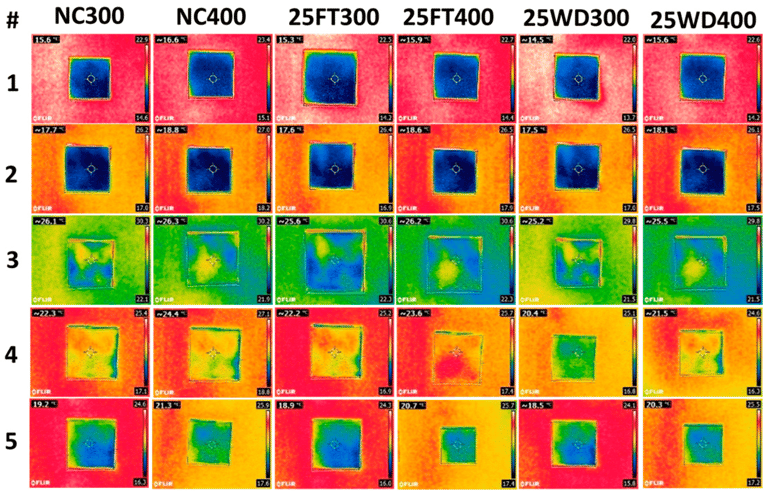
Our Success
Our recent research examines the effectiveness of self-healing in alkali-activated concrete after exposure to high temperatures. The study investigates two post-fire curing methods and their impact on crack healing and material recovery. Through comprehensive testing, we discovered that sodium hydroxide immersion significantly enhances the self-healing process, leading to improved material properties and crack reduction. The findings demonstrate promising potential for extending structural lifespan and reducing maintenance costs in construction materials. We are proud to contribute to advancing sustainable and resilient construction solutions.
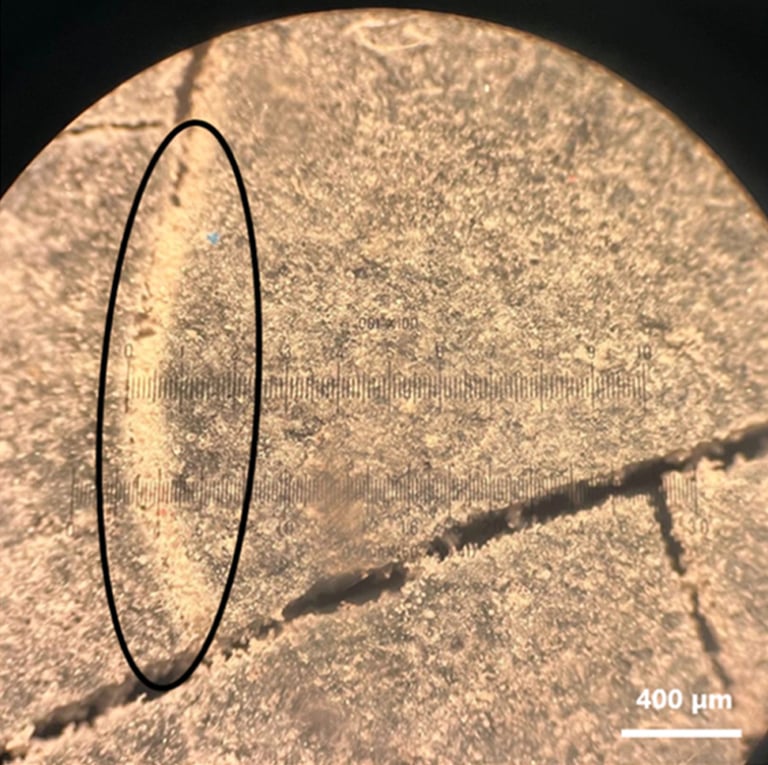

We are pleased to highlight recent research from our group on alkali-activated slag (AAS) as a sustainable alternative to Portland cement. Nourhan Ali's paper "Effect of Ingredient Addition Sequences on the Rheological Properties of Alkali-Activated Slag Steel Paste" investigates methods to control setting time and runtime of AAS. The study provides valuable insights into how ingredient addition sequences affect workability and rheological behavior. We congratulate Nourhan on this significant contribution to sustainable construction materials research.
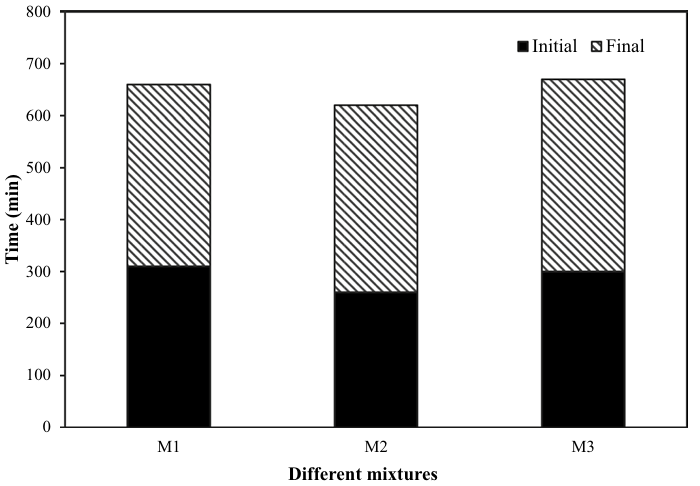

Our latest study investigates innovative solutions to improve alkali-activated slag (AAS) workability through optimized mixing protocols. The research examines different mixing durations, sequences, and relaxation times for various AAS mixtures. Key findings reveal that optimum mixing protocols depend on activator dosage, with longer mixing periods and rest intervals proving particularly effective for higher dosages. This breakthrough research contributes to advancing AAS implementation in ready-mix applications. We take pride in these findings that support the sustainable construction industry.
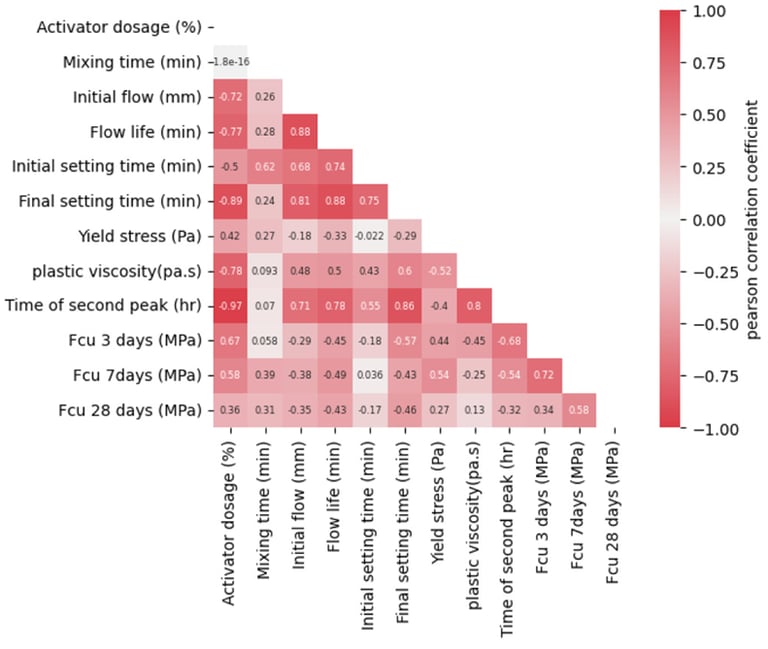

Our research team, led by Professor Ahmed Soliman from the Department of Building, Civil, and Environmental Engineering, has established a significant collaboration with the Research and Development Institute for the Agri-Environment in Québec City. The partnership focuses on developing innovative recycling technologies to produce zero-cement particle boards from agricultural waste. This research addresses critical challenges in resource scarcity and sustainable waste management, marking an important step toward eco-friendly construction materials. We look forward to the promising outcomes of this sustainable initiative.
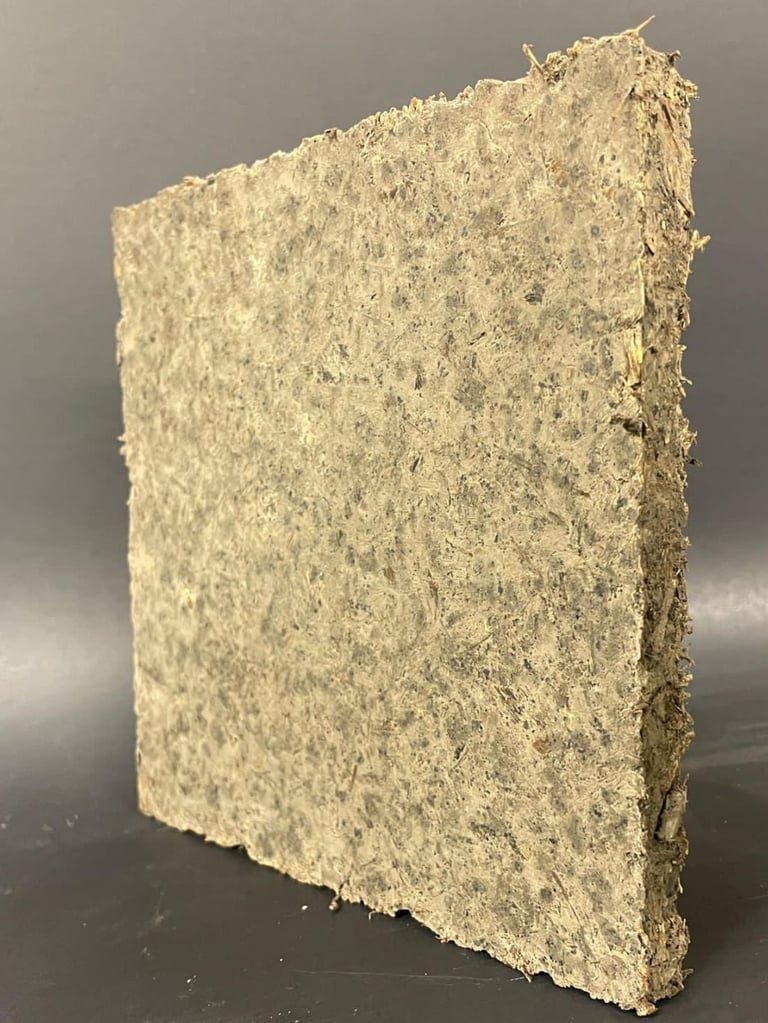

Our team, led by Professor Khaled Galal and co-investigators Professors Ahmed Soliman, Amin Hammad, Ashlee Howarth from Concordia University, and James Forren from Dalhousie University, has secured significant funding for groundbreaking research in 3D-printed negative carbon concrete. The project "Eco-Architecture Decarbonized 3D-Printed Concrete Buildings" aims to revolutionize the construction industry through innovative use of metal-organic frameworks (MOFs) for carbon capture in concrete, combined with AI-optimized 3D printing technologies.
We gratefully acknowledge our industry partners Lafarge Canada Inc., Aecon Group Inc., Pomerleau, SNC-Lavalin, and nidus3D for their support of this $670,000 initiative ($200,000 cash, $470,000 in-kind). This collaboration represents a significant step toward meeting Paris Agreement climate goals through sustainable construction practices.
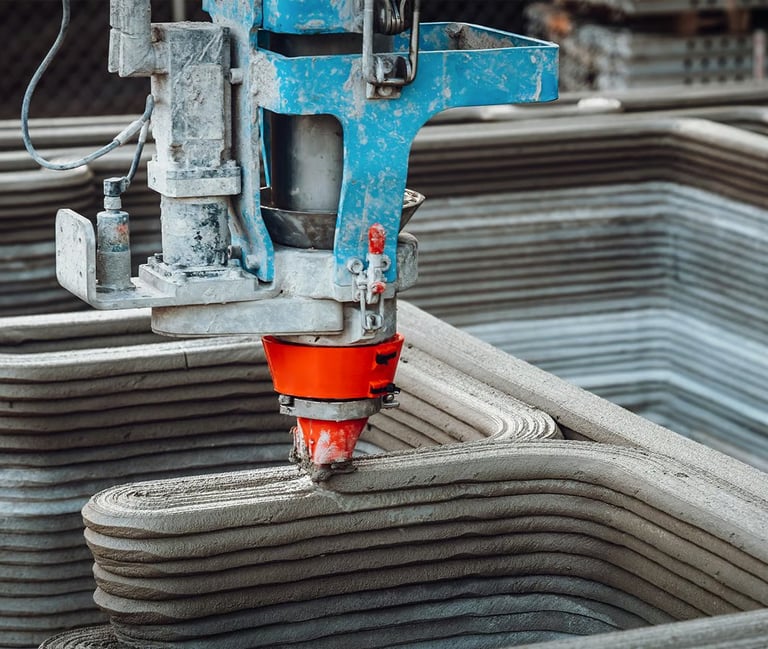

We proudly announce that Rahma Dhemaied has won first place in the CRIB Student Video Competition at McGill University, competing against various Quebec universities. Her winning work highlighted the sustainable use of recycled concrete aggregates in road applications, contributing to the Ministère des Transports et de la Mobilité durable du Québec's sustainability goals.
The success was supported by Ahmed Bahgat, who contributed to the video's finalization, and Ahmed Nawar, the 2023 Student Video Award recipient, who provided valuable guidance. We congratulate our students on this collaborative achievement and their dedication to mentorship within our research family.
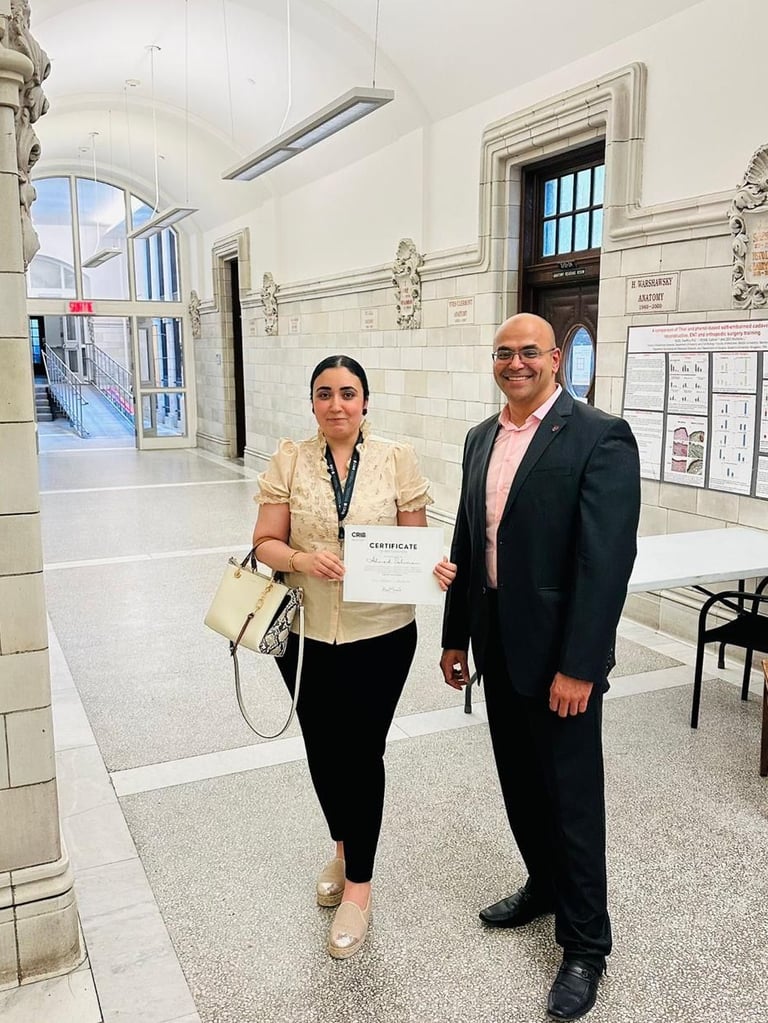

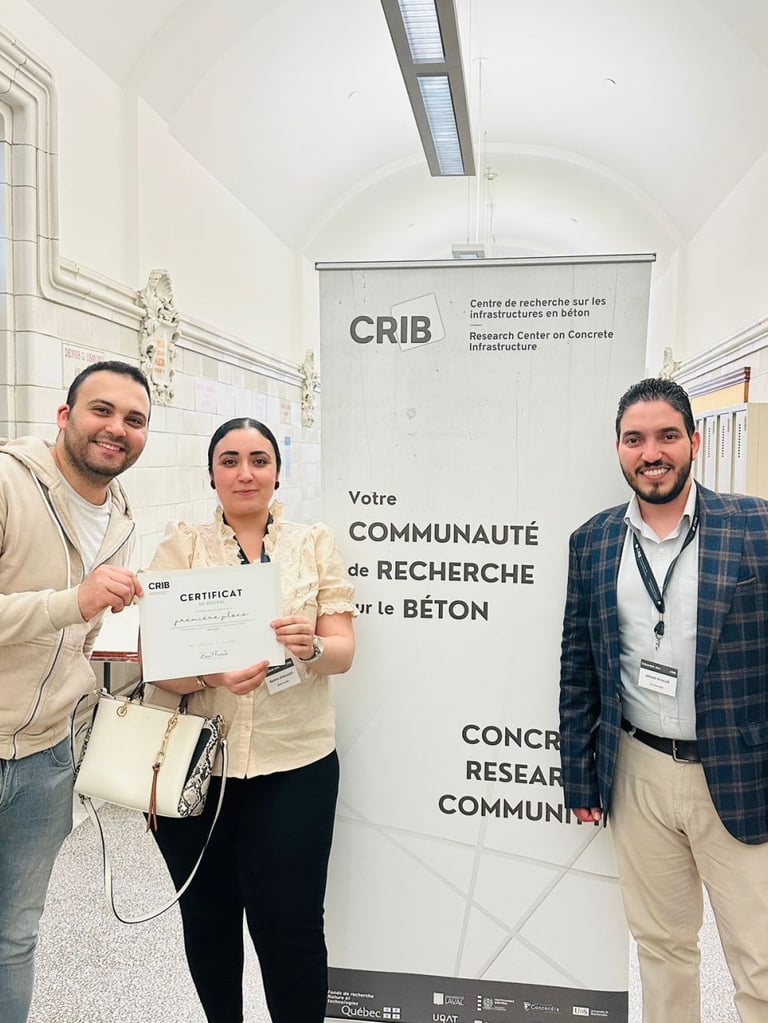

Dr. Ahmed Soliman delivered a keynote speech titled "Béton Diété" at the CRIB Student Conference hosted at McGill University. His engaging presentation sparked lively discussions among participants. We appreciate the CRIB Organizing Committee's efforts in hosting this successful event.
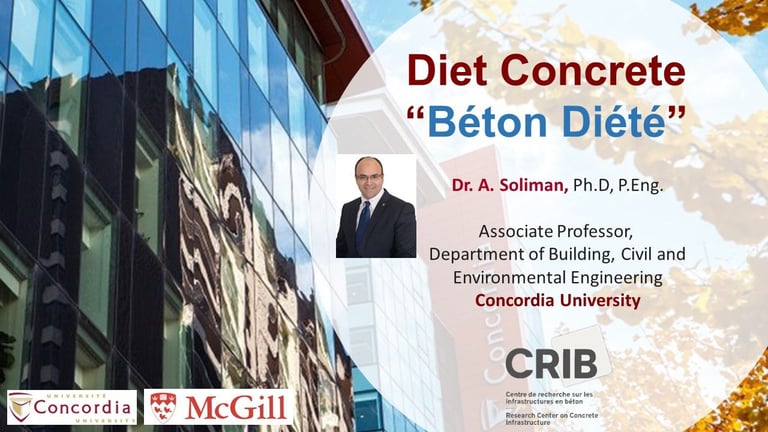

Dr. Soliman was invited to present at Institut AdapT (ÉTS Montréal) on "Production of Low Carbon Fire Resistant Material." The research addresses critical climate change challenges by developing fire-resistant building materials.
Ahmed Nawar has been awarded the prestigious Institut AdapT Graduate Student Scholarship. His project was selected among the top five projects aligned with the institute's mission for climate-resilient construction. We congratulate him on this well-deserved recognition.
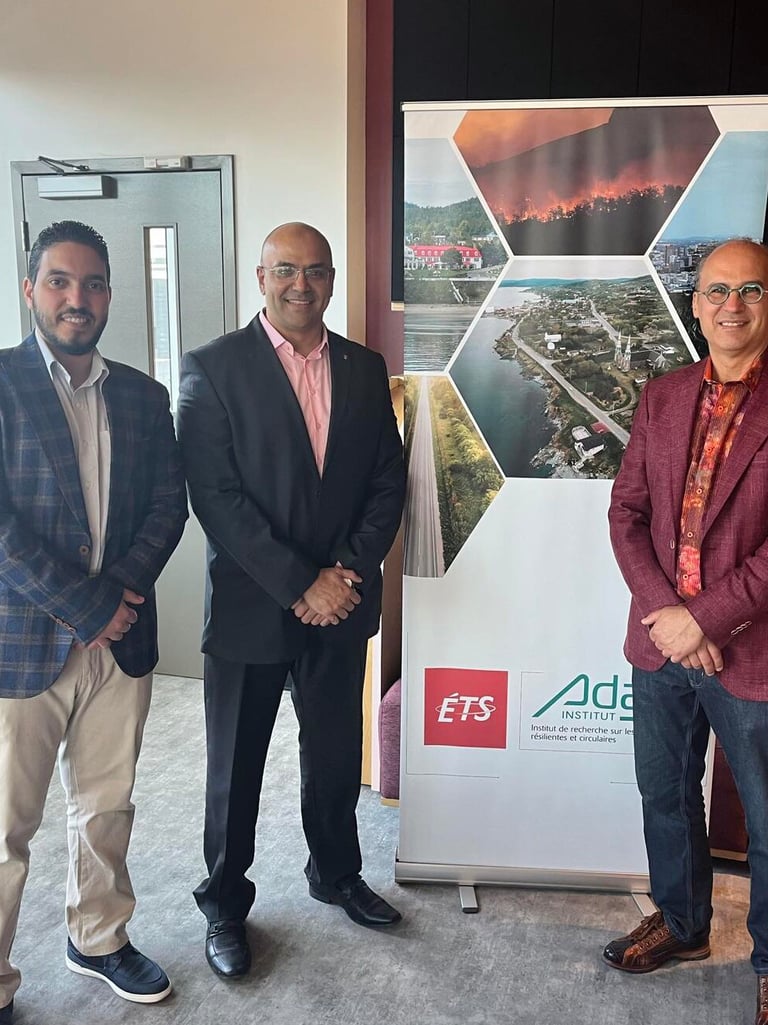

We celebrate Concordia's triumphant return to the Canadian National Concrete Canoe Competition in Quebec City after a 5-year hiatus. Our team showcased exceptional engineering skills, presenting a remarkably stable and durable concrete canoe that outperformed many competitors. While other teams faced challenges with broken or sinking canoes, Concordia's entry demonstrated outstanding structural integrity throughout the competition and returned to campus without damage. We congratulate our undergraduate team on this impressive achievement and look forward to expanded participation in next year's competition.
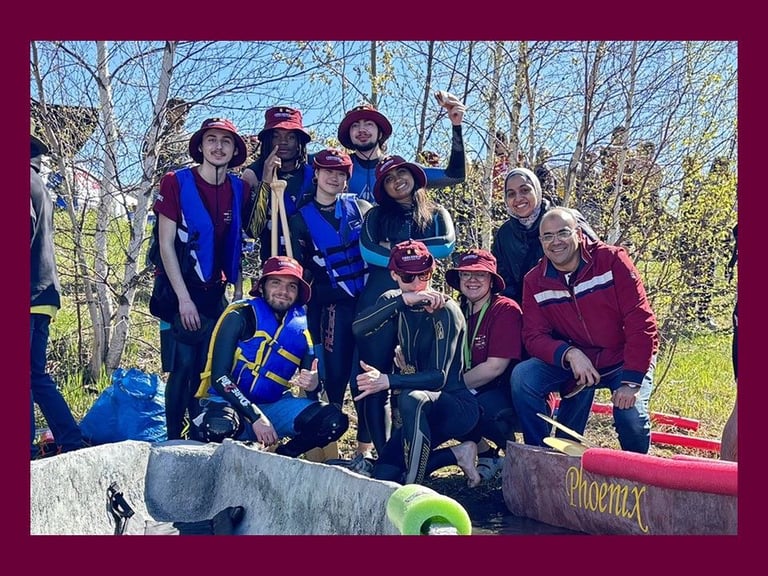

We are delighted to announce that our research proposal "Integration of the electrochemical process in the production of dredged materials LC3: Future net-zero carbon cement" has received funding from the Sustainable Transitions Team Research Initiative (STTRI) program. This grant will support our ongoing efforts in developing sustainable cement solutions. We look forward to contributing to the advancement of net-zero carbon cement technology.
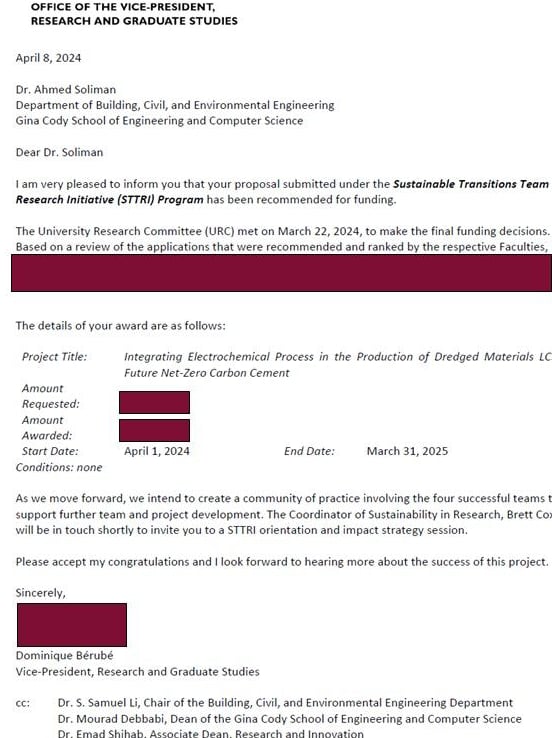

Our research team has achieved a significant breakthrough in sustainable construction materials with the development of "cement-free particleboard." This innovative material, created from recycled by-products and agricultural waste, demonstrates performance comparable to traditional cement-based panels while offering an eco-friendly alternative. The panels have shown impressive durability under harsh environmental conditions. This achievement marks our first step toward developing multifunctional smart particleboard. We extend our gratitude to our research team members and collaborators from IRDA for their valuable contributions to this sustainable construction solution.
